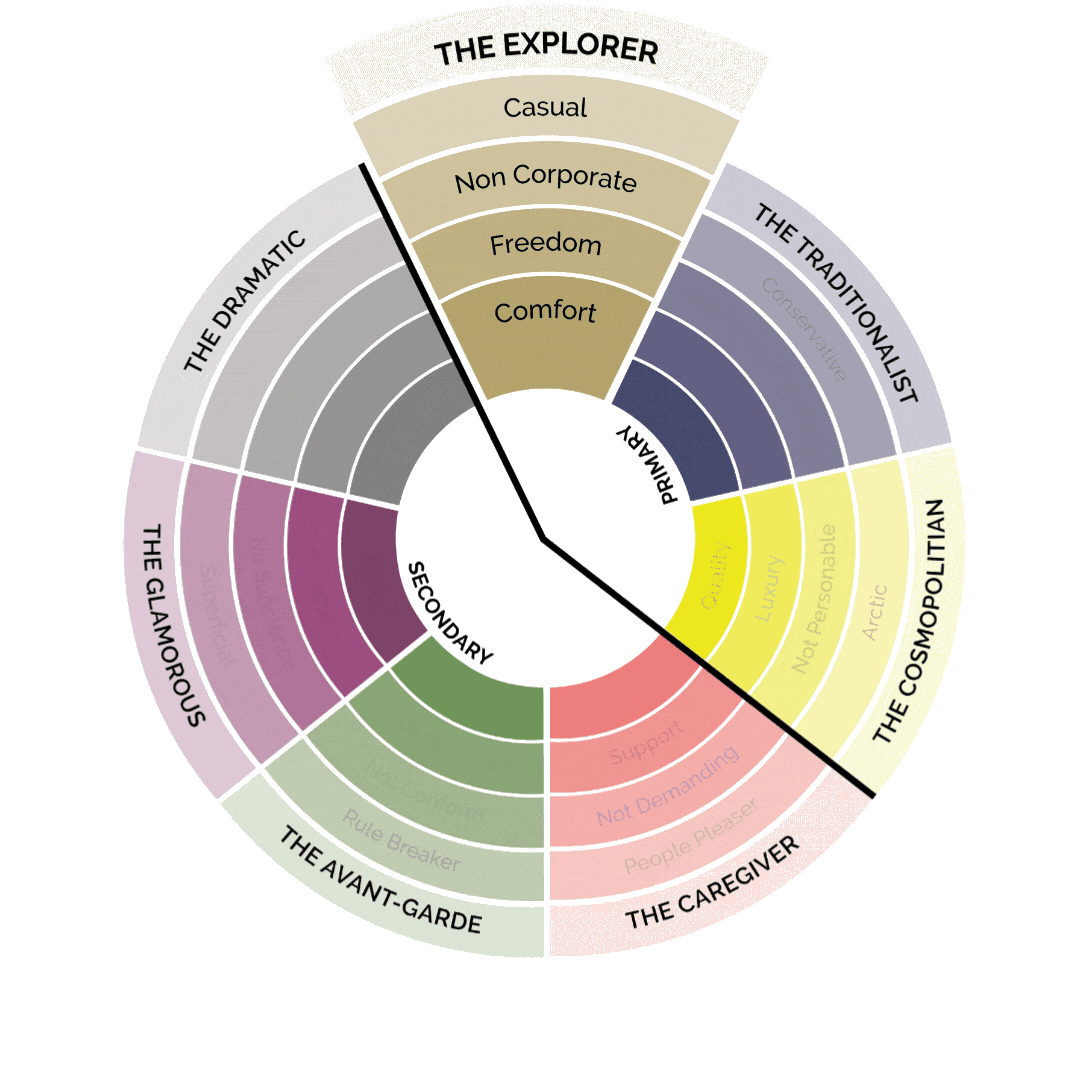Are You Protecting Your Digital Reputation as a Public Leader?
Your digital footprint isn’t just a snapshot of today—it’s a digital time capsule, chronicling every move you make, for better or worse. Once something is online, it’s no longer just yours—it belongs to the public, the critics, and the archives of the internet, ready to be pulled up at any moment. Public leaders don’t get second chances with their online presence. One thoughtless comment, one hastily shared post, or one misjudged interaction can snowball into a reputation crisis. The stakes aren’t just high—they’re permanent.
Key Takeaways
- Every digital move public leaders make is on record—and subject to scrutiny.
- Deleting posts doesn’t erase them—screenshots and archives live forever.
- Public leaders need clear digital boundaries to protect their credibility.
- Engaging online requires balancing authenticity with caution.
- Your digital presence directly influences public trust and leadership perception.
- Proactively managing your online image is an essential part of leading in today’s world.
Public Leaders Beware: Your Digital Footprint Is a Permanent Record
Public leaders don’t just represent themselves—they represent their communities, their agencies, and even their countries. They are seen as stewards of public trust, financed by taxpayers, elected by constituents, and held accountable by the very people they serve. Whether fair or not, the public often expects an elevated level of responsibility and transparency from their leaders. Every action, statement, or even silence is filtered through this lens of public perception.
That perception extends far beyond the podium—it thrives in the digital space. Unlike casual social media users, public leaders don’t get the privilege of impulsive posts or private opinions aired publicly. Their tweets, posts, and even “private” messages can be screenshotted, leaked, misinterpreted, or used out of context. The internet doesn’t forget, and neither does the public. Whether engaging in a policy debate, commenting on current events, or sharing a behind-the-scenes moment, one question must always be front of mind: “Would I be comfortable seeing this in tomorrow’s headlines?” Or …
- Am I comfortable with this post being scrutinized years from now?
- Could this seemingly harmless comment be misinterpreted or taken out of context?
- If my post were presented in a courtroom or a news segment, would I stand by it?
- Does a single “like” or share suggest an endorsement I never intended?
- Could my personal opinions, expressed online, be mistaken for official policy or influence public trust?
Beyond the Basics: Unique Digital Considerations for Public Leaders
Beyond the basics of how to act on the internet—what to do and what not to do—there are additional considerations that public leaders must closely examine. Unlike other professions, every click, post, and connection public leaders make carries heightened significance, magnified by the legal frameworks, ethical expectations, and public scrutiny that come with serving the public. Managing this complex interplay demands strategy, precision, and vigilance. For example, …
You might not be allowed to have a personal social media profile at all. Depending on your role, regulations may prohibit personal accounts to protect confidentiality, maintain trust, and prevent conflicts of interest.
Your emails could become public records. Every email, text, or internal message might be subject to public records, meaning they could be accessed by journalists or citizens.
Your digital words during a crisis define your leadership. Misinformation or insensitive remarks can quickly escalate a crisis rather than resolve it.
Every click, like, and share carries weight. Even an innocent interaction—such as liking a post—can be interpreted as an endorsement.
Cyber threats are a real risk. Public leaders are prime targets for hacking, phishing, and cyberattacks.
Your digital trail is an archive. Even long-forgotten posts, emails, or documents can resurface at any moment.
Self-promotion comes with limits. While building a personal brand can be valuable, public leaders must be careful that their online presence does not come across as self-serving or in conflict with their responsibilities.
Remember, public leadership is about more than just policy and decision-making—it’s about trust. And trust isn’t built on grand speeches or well-crafted statements alone. It’s also built in the quiet moments, in the small interactions, in the choices made when no one seems to be watching—and that is also true for your online interactions. Because in reality, someone always is watching.
Digital Credibility: Managing Your Reputation Before It Manages You
Public leaders, in particular, can’t afford to be reactive when it comes to their digital reputation. The key is proactive management—setting clear personal and professional boundaries, securing accounts, and keeping an eye on how you’re being perceived online. A single misstep can go viral in seconds, shaping public perception in ways that are difficult to undo. Public leaders must anticipate risks, not just respond to them, by cultivating a digital presence that reinforces their integrity, trustworthiness, and leadership. This means carefully curating what they say, how they engage, and how they safeguard their digital footprint against potential threats, including misinformation, impersonation, and cyberattacks.
Sometimes, silence is more powerful than an impulsive response. A moment of hesitation before hitting “post” can be the difference between maintaining credibility and triggering an unnecessary controversy. What you don’t post is just as important as what you do—restraint is a powerful tool that ensures your digital presence aligns with your leadership values.
The best digital footprint is one that reflects integrity, competence, and strong leadership. Every online action—whether a like, comment, or shared post—contributes to a narrative about who you are as a leader. A strong, well-managed online presence enhances your credibility over the years, while a careless approach can erode years of trust in seconds.
Transparency is great, but oversharing can backfire. Public leaders must strike a balance between openness and discretion. Sharing too much—especially personal details or informal thoughts—can blur the lines between professional responsibility and private life, potentially damaging public perception.
The internet may forgive, but it rarely forgets—your past posts can resurface at any moment. A single post from years ago, even one that seemed harmless at the time, can be resurrected and taken out of context, impacting your credibility. This makes it crucial to consistently curate your digital presence with foresight.
A carefully managed online presence doesn’t mean being inauthentic—it means being intentional. Thoughtful engagement online allows public leaders to maintain their values, project confidence, and shape their public narrative without falling into the traps of digital missteps.
Take the Next Step in Strengthening Your Professional Identity
If you’re a public leader who wants to ensure your digital presence reflects the integrity, trust, and responsibility your role demands, The Image of Leadership in Duty & Service is the essential guide you need. This book dives deep into the nuances of how public leaders can master their professional presence—both online and offline—while maintaining credibility and trust.
Whether you’re an elected official, government administrator, law enforcement leader, or public sector executive, this book provides actionable strategies to help you navigate the high-stakes digital landscape with confidence and intention.














